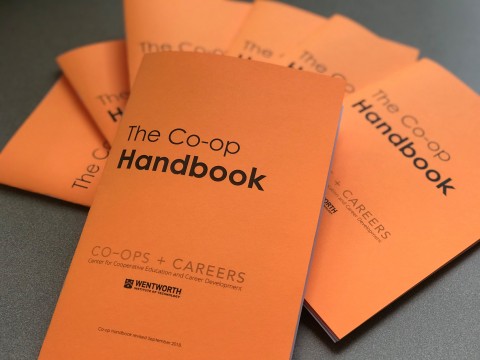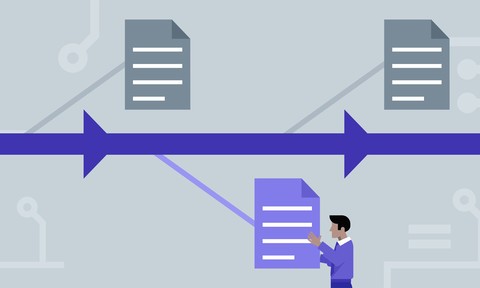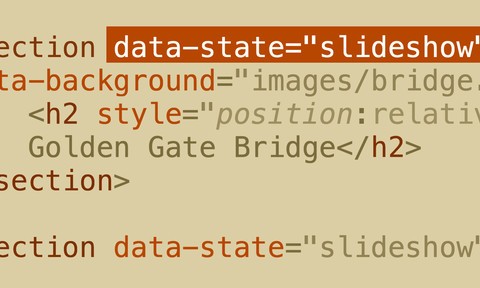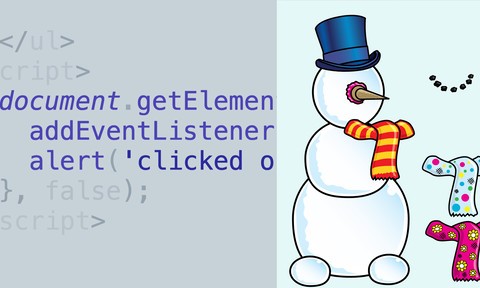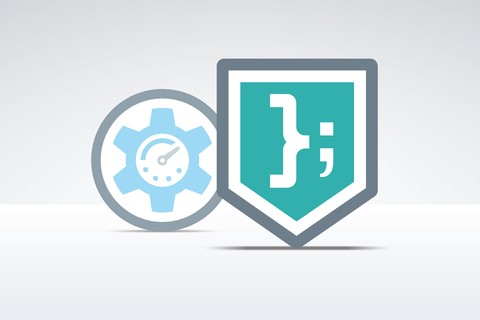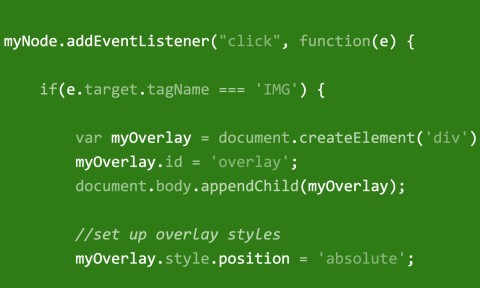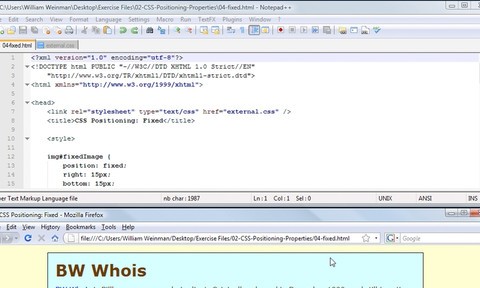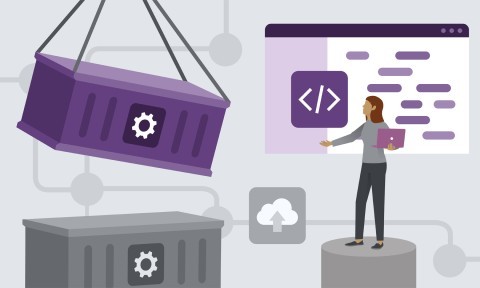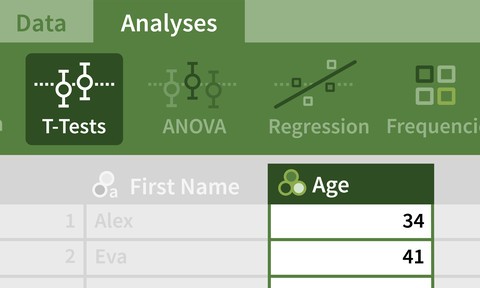Welcome to the Computing and Information Technology community! Members of this community use their skills in quantitative, logical thinking, design, and/or communication to improve our world/quality of life and solve real world problems. These students can work in vast spectrum of roles. They imagine and create new technology, engineer and analyze data, build and maintain hardware and networks, protect users’ and organizations’ data. They can also serve as a lifeline to users, teaching how to work with technology, resolve software and hardware issues and improve users’ technology offerings. These students are life-long learners, active listeners, collaborators, problem solvers and/or creative thinkers, who work with computing and technology, in various roles and almost every industry. One example of this is FinTech (Financial Technology), in which people use technology and innovation to compete with traditional methods in the delivery of financial services and banking, making them more accessible and generally more affordable. Artificial intelligence, Blockchain, Cloud computing, and big data, known as the ABCDs of FinTech, are interrelated technologies that have allowed FinTech to thrive.
Sidebar
Search CareerEdge
Contact our Team
Featured Co-ops
-
 Software Engineering InternshipGranite Telecommunications
Software Engineering InternshipGranite Telecommunications -
 Software Engineering InternshipGranite Telecommunications
Software Engineering InternshipGranite Telecommunications -
 Release / Dev Ops InternshipGranite Telecommunications
Release / Dev Ops InternshipGranite Telecommunications -
 MIT LL Co-Op Opportunities - Apply today!MIT Lincoln Laboratory
MIT LL Co-Op Opportunities - Apply today!MIT Lincoln Laboratory -
 Machine Learning Science Intern - (Summer 2024)Wayfair
Machine Learning Science Intern - (Summer 2024)Wayfair -
 Infrastructure & Networking InternThe MITRE Corporation
Infrastructure & Networking InternThe MITRE Corporation










